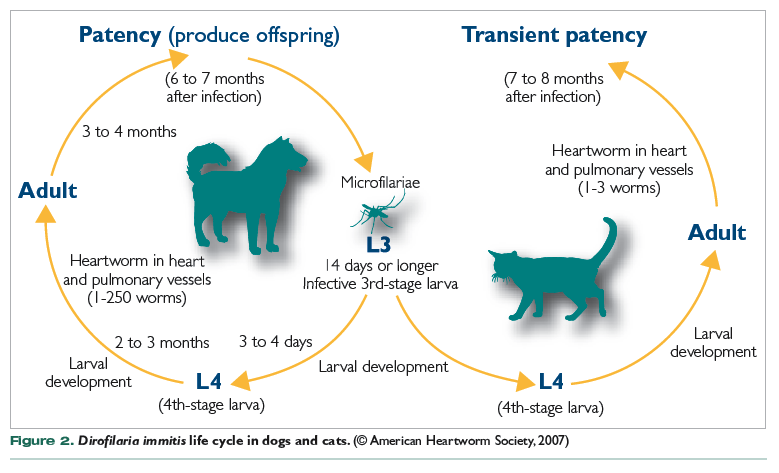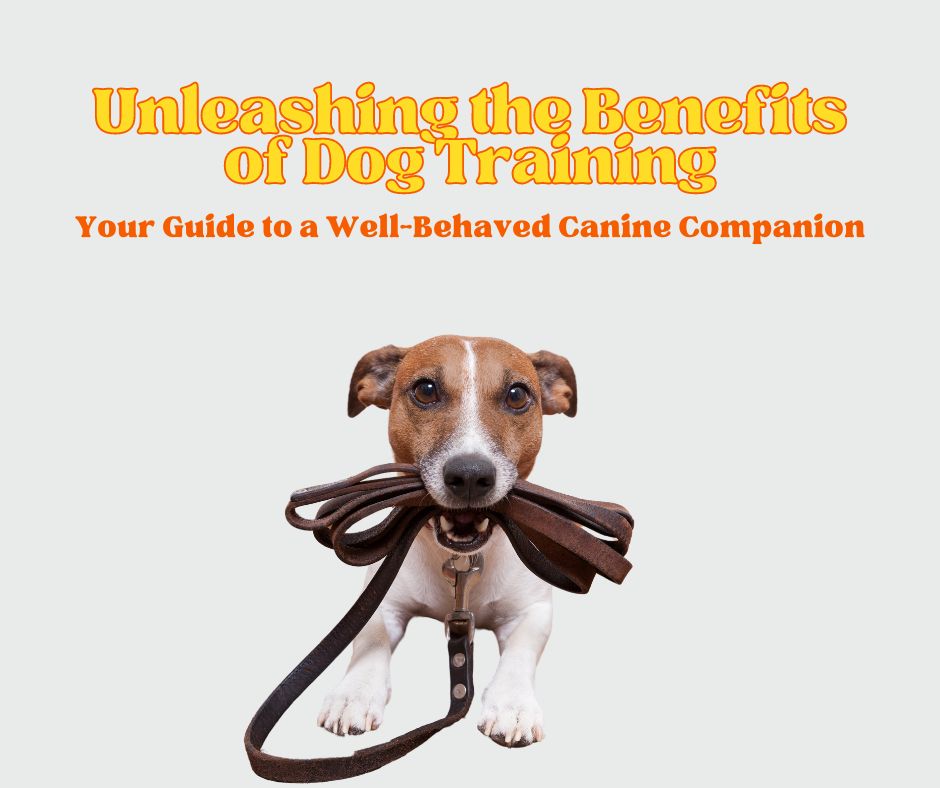As pet owners, we cherish the companionship and unconditional love our furry friends provide us every day. Ensuring their well-being is paramount, which is why National Heartworm Awareness Month serves as an important reminder of the risks posed by this potentially deadly disease. At Rock Falls Veterinary Care, we are dedicated to educating pet owners about heartworm disease and empowering them with the knowledge to protect their beloved pets.
Understanding Heartworm Disease
Heartworm disease is a serious and potentially fatal condition that affects dogs, cats, and other mammals, including ferrets and even some wild animals like coyotes and foxes. It is caused by the parasitic worm Dirofilaria immitis, which primarily resides in the heart, lungs, and blood vessels of infected animals.
Transmission
Heartworms are transmitted through the bite of an infected mosquito. When a mosquito feeds on an animal with heartworms, it ingests microscopic larvae called microfilariae. These larvae develop and mature within the mosquito, becoming infective larvae. When the infected mosquito subsequently bites another animal, it can transmit these larvae into the bloodstream of the new host, where they continue to develop into adult worms over several months.

Symptoms and Risks
Heartworm disease can be challenging to detect in its early stages. This is because symptoms may not be apparent until the disease has progressed. Common signs of heartworm infection in dogs include coughing, lethargy, difficulty breathing, and weight loss. Cats may exhibit similar symptoms, along with vomiting, gagging, and sudden collapse. In severe cases, heartworm disease can lead to heart failure and death.
Prevention Measures
Fortunately, heartworm disease is preventable with the appropriate measures:
- Monthly Preventive Medication: Administering a monthly heartworm preventive medication is the most effective way to protect your pet from infection. These medications work by killing the immature larvae before they can develop into adult worms.
- Annual Testing: Annual heartworm testing is recommended for all dogs, even those on preventive medication, to ensure they remain free from infection. Early detection allows for prompt treatment and a better prognosis.
- Mosquito Control: Minimizing your pet’s exposure to mosquitoes can help reduce the risk of heartworm transmission. Use mosquito repellents approved for pets and eliminate standing water around your home where mosquitoes breed.
- Regular Veterinary Care: Schedule routine wellness exams for your pet with a veterinarian. These visits allow for comprehensive health assessments and ensure your pet remains up-to-date on preventive medications and vaccinations.
Conclusion
As responsible pet owners, it is our duty to safeguard our furry companions against the threat of heartworm disease. By understanding the risks, implementing preventive measures, and partnering with your veterinarian, you can help ensure a long and healthy life for your beloved pet.
If you have questions or would like to start your pet on heartworm prevention meds, please contact our clinic.



